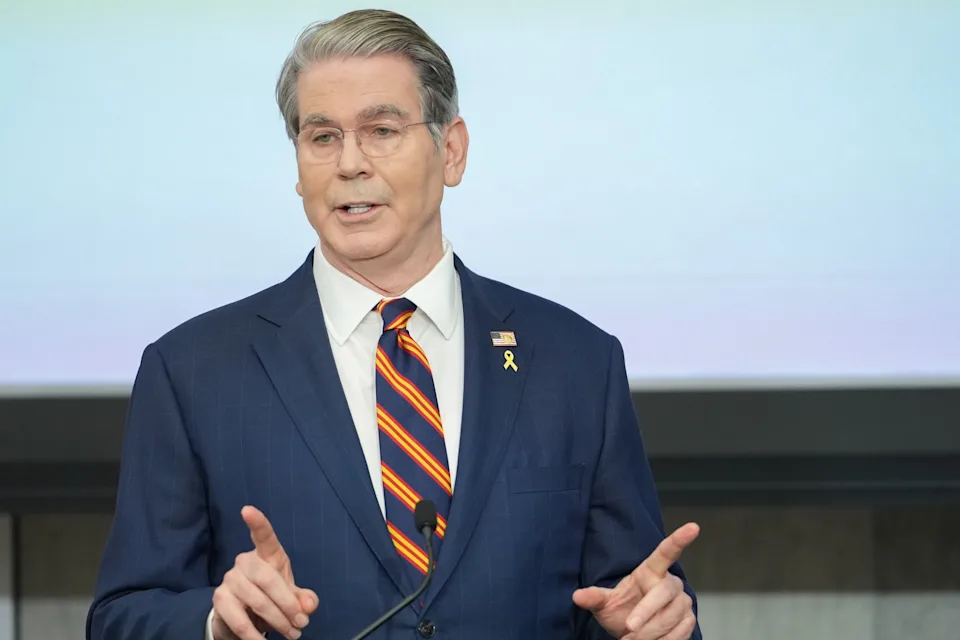China has accused the United States of “bullying” and Cold War-style interference after Treasury Secretary Scott Bessent said Argentina’s president was “committed to getting China out” during a Fox News interview this week.
The comments came as Washington approved a $20 billion US aid package to Argentina, aimed at stabilizing markets and strengthening ties ahead of President Javier Milei’s planned visit to the White House on Tuesday.
In a statement posted on social media Saturday, China’s embassy in Buenos Aires blasted the remarks as evidence of a “Cold War-era mentality”, saying they reflected a “spirit of confrontation and intervention in the affairs of sovereign nations.”
Superpower Tensions in Latin America
The dispute underscores the growing US–China rivalry across Latin America, where Beijing has expanded its influence through infrastructure investment, loans, and trade.
China remains one of Argentina’s largest creditors, backing an $18 billion currency swap line and funding projects including a space launch station in Patagonia.
Bessent, a close Trump ally and key architect of US financial policy in Latin America, has repeatedly cited Argentina’s vast rare-earth reserves as strategically critical, especially after Beijing tightened export rules on key minerals this month.
Trade War Crossfire
The diplomatic flare-up comes amid heightened tensions between Washington and Beijing.
On Friday, President Trump threatened new 100% tariffs on Chinese goods and export controls on “any and all critical software” starting November 1 — though he hinted the measures could be reversed if China relaxes its rare-earth restrictions. (More about: Trump Escalates Trade War With China: 100% Tariffs, Software Export Bans)
Milei’s staunchly pro-U.S. position places Buenos Aires in a delicate spot between the world’s two largest economies. After criticizing China during his election campaign, Milei has since softened his tone, calling Beijing a “great trading partner.”
Beijing’s sharp response to Bessent’s comments highlights the intensifying geopolitical tug-of-war for Latin America’s economic allegiance — with Argentina now emerging as a critical test case in the new U.S.–China power struggle.










